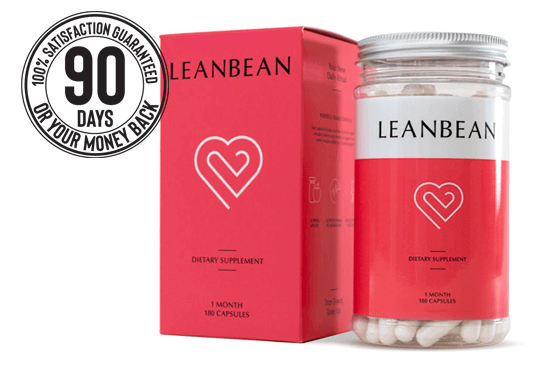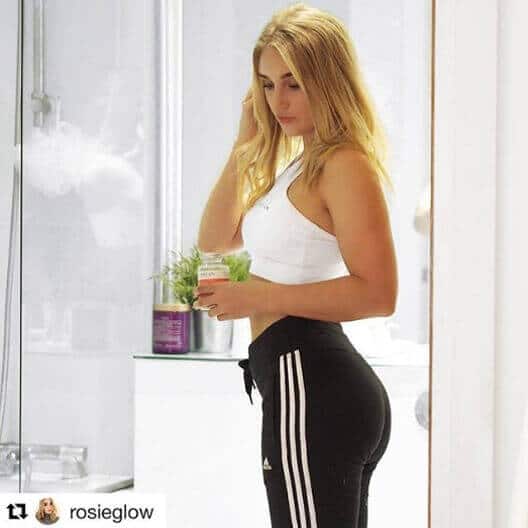There’s nothing like a cool glass of soda, bubbles gently rising through the liquid, maybe an ice cube or two clinking against the edge of the glass.

Or if you’re on the go, a bottle or can is a quick pick-me-up. A refreshing hit of something sweet and energising – depending on what you go for.
A whopping 33.9% of soda sold in the US is diet. Surely this is great news: lower sugar content means fewer calories and a healthier drink, right?
Unfortunately, it’s not so clear cut. Diet soda and the sugar alternatives they contain have their own health considerations, which we’ll be taking a look at in this article.
But don’t worry: we’re not here to rain on your parade. Just to give you a helping hand to make the right choice when you reach for the soda shelf!
Here’s what we’ll cover:
- What is diet soda
- Why drink diet soda
- Sugar alternatives including aspartame
- Choosing healthy alternatives
Let’s get to it.
What is diet soda
Diet soda is a carbonated beverage designed to imitate the flavour of other sweetened sodas.
In place of sugar, diet soda contains artificial sweeteners. These are also known as low calorie sweeteners (LCS).
Popular examples of diet soda include Coke Zero, Diet Coke, Pepsi Max, and Diet Dr Pepper.
Why drink diet soda?
Did you know that the average soda contains 7-10 teaspoons of sugar?

Diet soda is often perceived as a healthier choice than regular soda because it contains far less sugar.
In recent years measures have been taken to reduce the amount of sugar in soft drinks. In the UK for example, a ‘Sugar Tax’ came into effect in 2018 and led to over 50% of soft drink manufacturers reducing sugar levels in their drinks.
However an increasing body of research questions the relative health benefits of these low calorie sweeteners.
Sugar alternatives: are they healthier?
In this section we’ll take a look at various sugar alternatives – or low calorie sweeteners – that are used to flavour diet sodas.
We’ll look at where they come from and what the research says about their potential health impacts.
Saccharin
The artificial sweetener saccharin has been around for a long time, and has been a popular sugar alternative for about six decades.

Saccharin is non-nutritive, which means that it carries no nutritional value. It is just used to sweeten things.
Saccharin uses include sweetening foods and drinks when they’re made, or as a sugar substitute at home: for example when baking.
This artificial sweetener has a long shelf life and you only need a small amount of it because it’s around 400 times sweeter than sugar: both properties make it a popular choice.
Our bodies can’t digest saccharin so it is passed as waste.
Is saccharin safe?
Saccharin is considered safe by the World Health Organisation (WHO), the European Food Safety Authority (EFSA), and the Food and Drug Administration (FDA).
Historically there have been concerns that saccharin side effects include an increased risk of cancer, but no definitive link has been found.
The FDA limit the amount of saccharin in soda to 12mg per fluid ounce.
In countries that use the E numbers system, saccharin is E954.
Aspartame
Aspartame is one of the most tested food ingredients in the world, and has something of a reputation.

This artificial sweetener is also one of the most frequently used. It’s quite probable that you’ve had drinks or foods with aspartame in the last day or so.
Aspartame has about 4 calories per gram, but because it is around 200 times sweeter than sugar it’s essentially calorie free when consumed.
Is aspartame safe?
One of the reasons that aspartame is so rigorously tested is because of concerns about its health impacts.
If you’ve not heard about these concerns, maybe you’re wondering why aspartame is bad for you?
The answer relates to methanol, a chemical that is toxic in high quantities. Aspartame is broken down by our bodies and one of the byproducts is methanol. Aspartame is one of the largest sources of dietary methanol.
However no definitive link has been found between aspartame and its claimed side effects.
The aspartame sweetener is approved for human consumption by the WHO, the FDA, the American Diabetic Association, and the American Heart Association.
Xylitol
Xylitol is a sugar alternative that occurs in some fruits but which is most commonly synthesised.

Unlike aspartame and saccharin which are hundreds of times sweeter than sugar, xylitol sweetness is about the same. However it contains only 40% of the calories.
Is xylitol safe?
Xylitol doesn’t contain fructose, which means it has very little impact on blood sugar and insluin levels.
This sugar alternative is linked to reductions in weight and body fat.
Xylitol is the subject of fewer concerns about negative health impacts than aspartame and saccharin.
This sweetener is also known as E967.
The verdict
While different artificial sweeteners receive different levels of scrutiny, the majority of evidence points to them being a healthier alternative to lots of added dietary sugar.
As non-diet sodas contain a huge amount of sugar, grabbing a diet soda can potentially be a better option.
However, drinking lots of soda – whether it’s diet or not – can be indicative of an unhealthy diet.
Why not try a healthier drink like sparkling water or fruit juice? Or if you’re feeling adventurous, a combination of the two!
Choose healthy snacks for weight loss
Research is a key part of moving towards a healthier lifestyle. Learning about the ingredients in the foods and drink you choose puts you in a position to make better choice.

In this article we’ve looked at artificial sweeteners used to flavour soda, and explored some of the potential health impacts. Our hope is that this information helps you to make a more informed choice next time you grab a drink .
If you’re interested in making healthier choices, we’ve also written blog posts about how to choose (or make!) healthy snacks and healthy meals.
Disclaimer: The information on the Leanbean blog does not constitute medical advice and should not be used as such. If you would like to learn more about your dietary requirements and related aspects of your health, speak with a registered medical professional.











